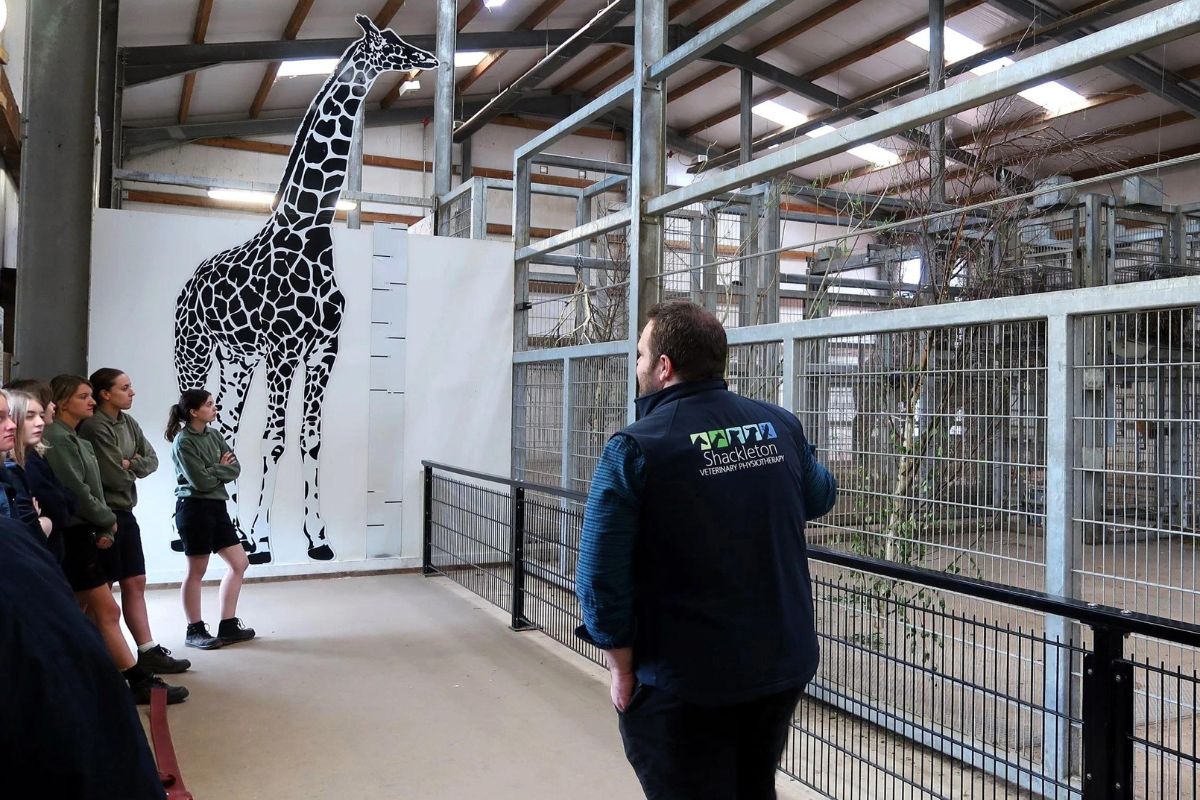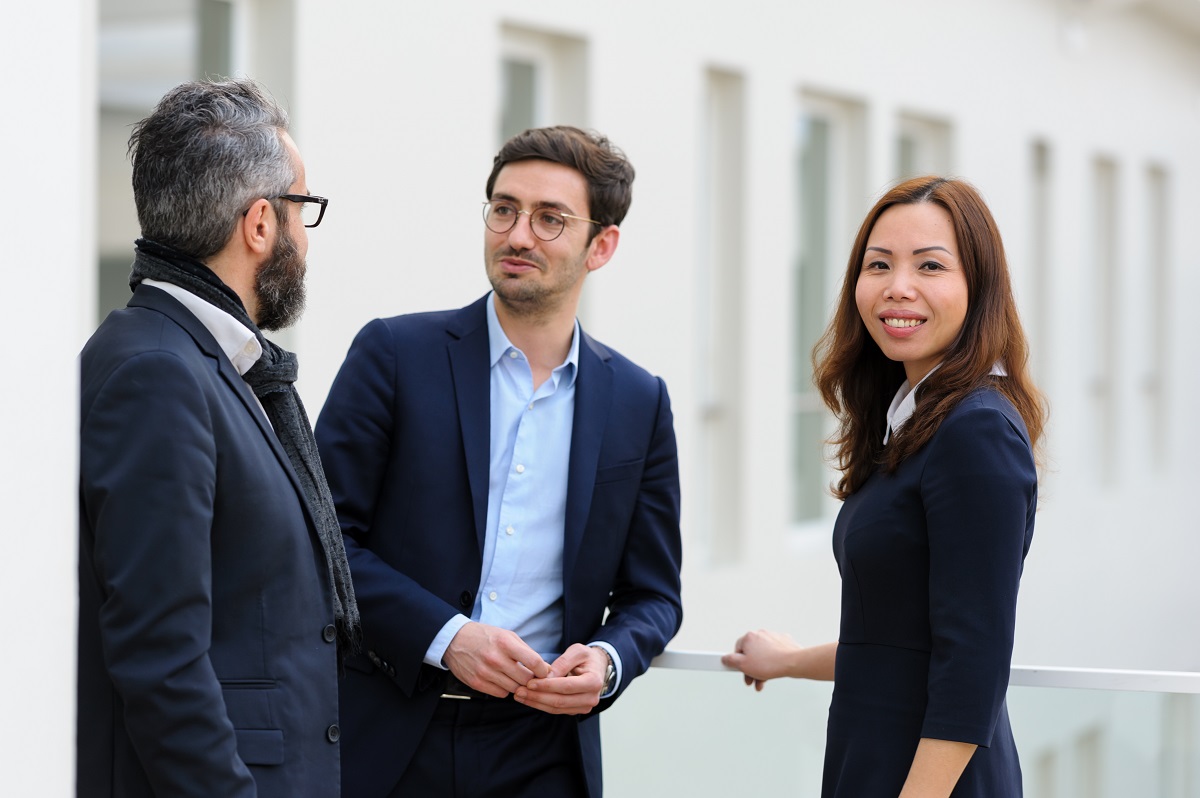CBI SOUTH WEST HOSTS ‘TRENDS SHAPING THE FUTURE OF WORK’ EVENT

Dr Nicola Millard, Principal Innovation Partner at BT, is a lead speaker at today’s CBI member event, and will be addressing a range of issues around the shift to hybrid working.
Please find below an op-ed from Dr Millard, which is available to use – either in full, or as quote extracts in relevant news stories.
Please note, Dr Millard and CBI South West Director Ben Rhodes can be available for interview – contact the CBI press team via details below if this is of interest.
Is the 9-5 office now a rare breed?
Remote, hybrid or in the office – which will win?
And are we heading towards virtual offices, with holographic colleagues?
Technology revolutions can bring major changes to the ways we live and work. It can reshape cities and communities – just look at the effect that the arrival of the steam engine had on the economy of many towns and cities in the early 1900s.
The impact the pandemic has had on the way many of us work has been enormous.
For many of us, our homes became our workplace and the commute became a process of putting on a pair of slippers and walking across to the kitchen or the makeshift office.
While the situation is still developing in terms of Covid-19 and the return to offices, some of the changes brought about by the pandemic are likely to result in long-term changes to the way many of us work.
Necessity, they say, is the mother of invention. Many of the things organisations and employers had said couldn’t be done, suddenly became possible.
Connected technology became one of the saviours of the pandemic. While some of the essential technologies for remote working – such as broadband, 4G, video conferencing and cloud – were around before the pandemic, it took a crisis to get the most out of these tools.
A hybrid model of combining office and home working – using technology – now seems most likely to be the new reality for a lot of organisations.
For many traditional office-based employers, the Monday to Friday, 9-5 office is probably now a thing of the past. The model of everyone commuting in at the same time to sit at their own desk – among rows of colleagues – is likely to disappear.
Instead, people will come to the office for specific reasons, such as team meetings, brainstorming sessions and to socialise with colleagues. The hybrid workplace will change to accommodate this, with more flexible office spaces to help colleagues collaborate and work more effectively.
While home working has highlighted many benefits – like avoiding the dreaded commute and spending more time with family – it doesn’t work for everyone.
One of the things exposed by the pandemic is that there is a gulf between people who have houses and places to work in a house, and those that don’t. Many younger people have struggled working in shared houses, having to share many essentials, including broadband bandwidth. Younger people tend to value offices more, while also being the most vocal about wanting to choose where and when they work. The professional development of those working from home cannot be forgotten about, particularly for new or junior members of teams.
With technology facilitating such a huge shift away from the traditional idea of an office, might the next step be colleagues meeting in virtual offices? If you believe the predictions of some of the tech giants, we will all be living and working in the virtual ‘metaverse’ in ten years’ time.
Again, current technology is starting to evolve to create ‘physical’ meetings – combining physical and digital environments. The future hybrid could involve sitting around a real table with holographic colleagues around you.
For those who miss the social interaction of an office, but love the freedom of remote working, it could be another interesting solution.
But will it convince everyone? And who will manage and run these virtual ‘metaverse’ spaces? People are increasingly asking questions of the big tech companies in relation to areas like data privacy and wellbeing.
What we’ve learnt from this global experiment in remote and hybrid working is that there is not going to be one way of working that suits everyone in every organisation.
In this transition period, there’s a great opportunity to experiment and learn.
We’re likely to see many versions of hybrid developing over the coming years. The important thing will be making sure we don’t revert back to some of the negatives of pre-pandemic work practices. In that way, we can look at reinventing work to benefit people, productivity, and the planet.
The train may have been a significant factor in changing the ways of working in the 1900s, but digital technologies are now providing the steam for a new workplace revolution.
Dr Nicola Millard is Principal Innovation Partner at BT











Responses